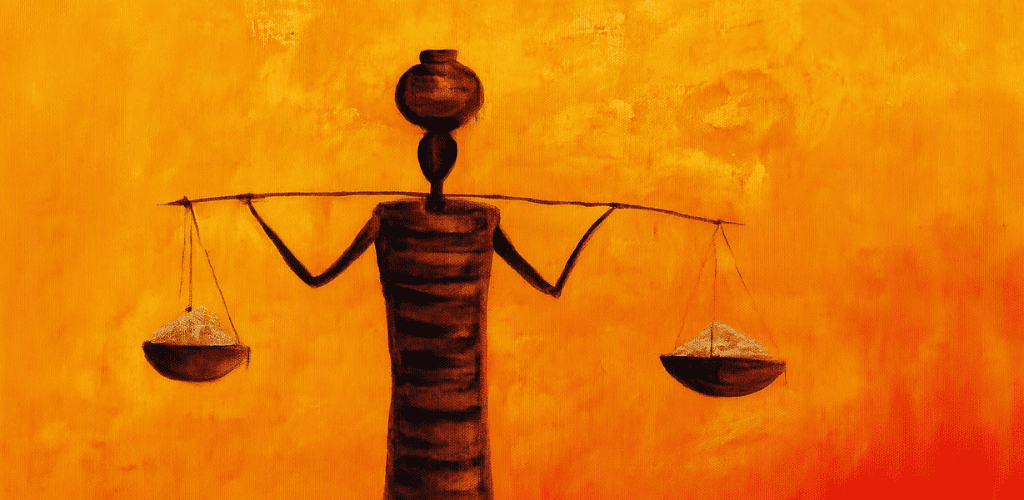In recent weeks, Ghana’s news and social media space have been buzzing. This time, not over politics or football, but over titles. The question of who deserves to be called “Doctor” has sparked heated debates across platforms, with academics, entertainers, and clergy all weighing in.
Some argue that only those who have earned doctorates through rigorous academic work deserve the title; others insist that honorary PhDs, often conferred for service and impact, are equally valid marks of distinction. Beyond the laughter, memes and social media jabs lies a deeper conversation about how we, as a society, define achievement, status, and respect.
At the centre of the “Dr.” debate is a cultural tension between earned merit and symbolic recognition. Ghana, like much of Africa, has a high reverence for education. The title “Doctor” carries enormous social weight: it commands respect, opens doors, and sometimes even redefines one’s social class.
In a country where educational attainment is often equated with intelligence and credibility, the prefix “Dr.” is seen as a badge of excellence. But when honorary titles start proliferating, sometimes conferred by unaccredited institutions or awarded for publicity rather than genuine service, that badge begins to lose its meaning.
Let’s be honest: part of the uproar stems from how loosely some people use honorary PhDs. It is one thing to receive an honorary doctorate as a symbolic gesture, a recognition of your contribution to society, and another to start insisting that everyone call you “Dr.” afterwards. The former is an honour, the latter borders on insecurity.
Honorary degrees are not earned through years of study, research, or dissertation defence; they are symbolic tributes. Treating them as equivalent to academic doctorates confuses their purpose and, in some ways, disrespects those who laboured through the long academic grind.
Ghana’s Tertiary Education Commission (GTEC), under the leadership of Prof Ahmed Jinapor, whose recent crackdown on the abuse of academic titles in the country has spurred the ongoing national debate, has cautioned individuals against using, and institutions against conferring, honorary titles such as “Dr.” or “Professor” when they have not been legitimately earned or authorised. While some have wrongly interpreted this as a reputational attack, the Commission’s efforts are aimed at protecting the integrity of Ghana’s higher education system, restoring public trust, and protecting the value of genuine academic achievements.
Yes, we cannot dismiss honorary doctorates altogether. Across Africa and the world at large, universities confer them on people who have made extraordinary contributions, from activists and artists to entrepreneurs and philanthropists. What matters is context and clarity. In the United States, for instance, when Oprah Winfrey received an honorary doctorate from Harvard, she did not begin introducing herself as “Dr. Winfrey.” The title is honorary, not professional. That subtle distinction preserves both the integrity of academic titles and the value of symbolic recognition.
The Ghanaian problem, however, runs deeper than misuse of titles. It speaks to a societal obsession with validation through credentials. We are a people who crave recognition, who measure worth not just by what you do, but what you are called. It’s why some pastors insist on being introduced as “Rev. Dr. Apostle,” why some public figures list honorary degrees on their CVs, and why others go to dubious online institutions to “acquire” doctorates overnight. It is less about learning and more about social elevation. Titles have become a form of branding, a shortcut to prestige in a society that still ties respect tightly to academic symbols.
This obsession also exposes how often we misunderstand education itself. A doctorate, earned or otherwise, does not automatically make one wise, ethical or competent. Nor does the absence of one diminish someone’s intelligence or impact. Kwame Nkrumah, before his own honorary recognitions, was already a visionary leader.
Nana Ama McBrown, without any academic title, is one of Ghana’s most respected entertainers. Kofi Annan’s legacy was not defined by what he was called, but by what he did. These examples, and even more profoundly, the example of Jesus, whose name became commanding that any prefix, remind us that true achievement transcends the label.
What we need to realise is that this issue is not only historical but also colonial. From our obsession with validation through credentials to our misunderstanding of education, this deep reverence for titles has roots in our colonial past, where British administrative systems placed immense value on ranks and honorifics, such as Sir, Lord, Honourable, as markers of status and authority.
Postcolonial Ghana inherited that hierarchy, translating it into modern forms of academic and bureaucratic prestige. Today, this legacy combines with what economists call credential inflation, a system that rewards paper qualifications over proven competence, to create a culture where the title often matters more than the substance behind it.
In such an ethos, it is inevitable that people will go to great lengths, even illegal ones, to attain these titles, not necessarily because of the opportunity it provides to serve, but because of the privileges they promise. The title becomes a passport to influence, access, and social elevation. When society rewards appearance more than authenticity, we create an economy of deception; one where people fake credentials, purchase honorary degrees, or inflate resumes just to be seen as worthy. This is the tragic irony: the more we chase titles for validation, the more we cheapen the very respect we seek.
Perhaps it is time we, as a nation, decouple titles from worth. Let those who have earned their academic doctorates be recognised – they deserve it. Let those who receive honorary doctorates be appreciated – but with the understanding that it is an honour, not a qualification. And let us, as citizens, learn to applaud substance over status.
In the end, this brouhaha is not about “Dr.” versus “Mr.” or “Madam.” It is about integrity, integrity about what our titles represent and humility in how we use them. If a society becomes more concerned with being called something than becoming something, it loses its moral compass. We must move from a culture of validation to a culture of value, because in the end, titles must elevate substance, not eclipse it.







1 Comment. Leave new
Oh yeah ,some have titles that hasn’t been authorized yet,I agree with you King Charlie 👑, basically it’s all been on popularity such as Mcbrown, she was an actress now she’s an influencer, entertainment journalist and has more fields now .